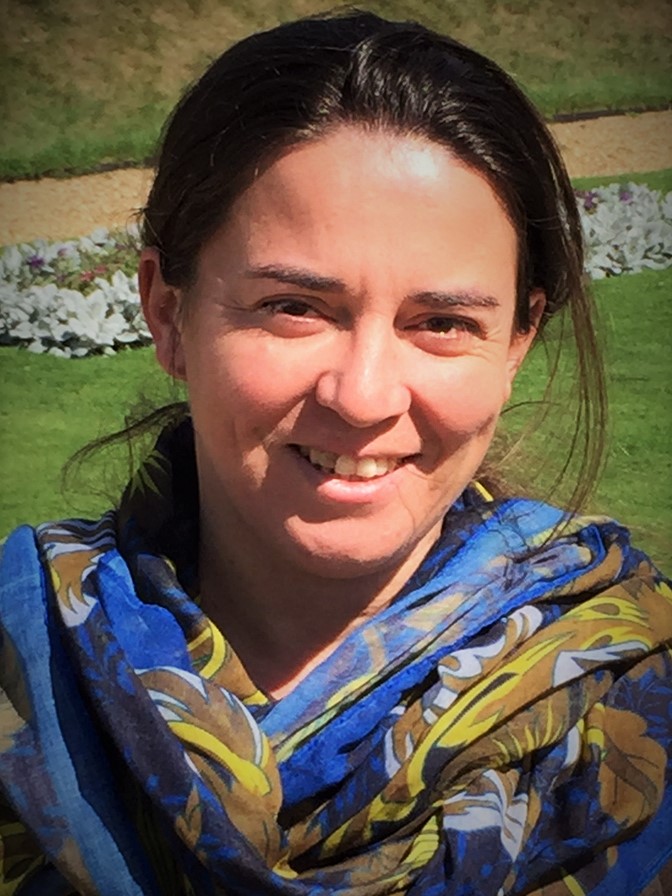Older adult
Ageing, just like the rest of life, is a mixture of gains and losses.
There are losses associated with every stage of our lives: we may long to be free of the tyranny of school or a job, for instance, but grieve over the loss of the structure they provide.
Throughout the lifecycle, mourning is an essential human task, freeing up a space in which new qualities and experiences can develop.
For what is hidden in our culture are the gains associated with ageing. Most older people say they care far less what other people think of them. "Because I am more myself than I have ever been." Older people say that they have learned to live life more fully, to savour it, and are better able to weather crises.
Most people find their energy levels changing as they age, and have to learn to pace themselves. But physical and psychic vitality, though they may be related, especially if you're fighting pain, are not the same thing. The idea that one's appetite for life automatically abates with the passing of the years is simply wrong. On the contrary, it often increases.
People can revitalise themselves at any age; we can go on learning and developing until our final breath.
"Owning" the ageing process instead of fighting it makes it easier to value our older selves, and reclaim – both individually and together – a sense of the lifecycle.
I believe there has never been a better time to age, to challenge the narrative of decline and age-denial and to celebrate longevity.




